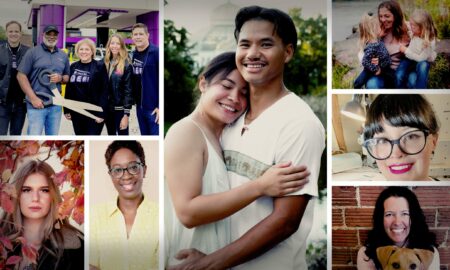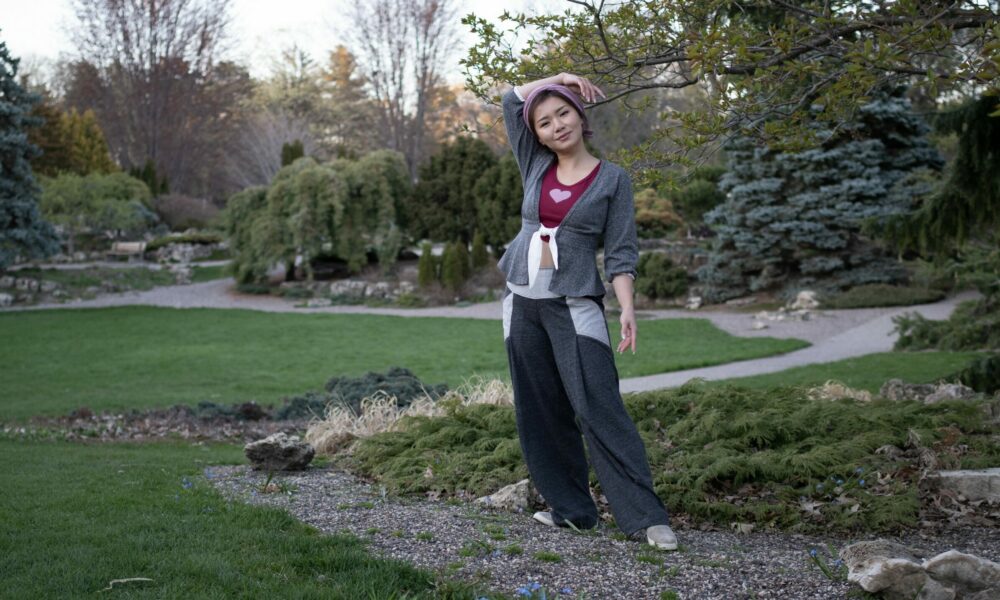

Today we’d like to introduce you to Daphne Orlando.
Hi Daphne, thanks for joining us today. We’d love for you to start by introducing yourself.
Hi! Thanks for hosting me! I live in the Minneapolis area with my two boys and one cat. I primarily consider myself an artists, as I spent the first half of my career as a medical illustrator prior to starting my business, EcoPetites.
The kernel of the idea for EcoPetites was born after I went to a live lecture given by Nobel peace prize winner Rigoberta Menchú Tum. She spoke about the plight of indigenous people of the Americas by telling the stories from her own experiences as a Mayan in Guatemala. I ended up at this lecture because my son, who was adopted, is also a Mayan born in Guatemala. I listened to her tell her story about how she watched her little brother die in a cotton field from poverty, which changed me forever. I could not benefit from the gift of adopting a wonderful child and being part of the system that simultaneously created and sustained this poverty.
At this point, I had already started learning about the importance of alternative and more ethical options in agriculture through membership in the local co-ops. It dawned on me that the harmful labor and environmental practices of agriculture-related to food also exist in producing fibers for textiles. My first step began as a New Year’s resolution: I boycotted all newly produced conventional cotton. That year I learned a lot as I sought alternatives and followed my curiosity about the textile and fashion industry.
Some alternatives were easier to find than others. I was able to buy organic cotton clothing or used clothing for my kids. I found ethical menswear brands for their dad. But it wasn’t easy to find clothing for me. However, as a creative person, I have sewn clothing for myself since college. So, I leaned into that more, purchased organic and sustainable fabrics, and sewed most of my clothing.
Mind you, and this was just a hobby and a passion, not my livelihood. I have a master’s degree in medical illustration, which is what I did. At the same time, people who know me personally know that I always try new things and need to learn and be creative, similar to my need to breathe. It’s just what I do.
What I noticed next was that people started complimenting my clothes. People seem to like what I made. So, what if I supercharged my ability to make a change by starting an ethical brand just for short women? This idea started to form that I am probably not the only short woman who cares about ethical purchasing and not the only one who has trouble finding ready-made clothing.
Eventually, I leaped, and here we are.
My dream is: that ethical fashion brands will raise the expectations of even the average consumer and companies will strive to do better; that more people will care; that fewer people will be overwhelmed with information, put their blinders on and carry on; that more people will know what the options are; that I can take down barriers to action for short women, who are not currently being designed for, and thereby include more women in this ethical movement.
Alright, so let’s dig a little deeper into the story – has it been an easy path overall, and if not, what were the challenges you’ve had to overcome?
I came from a career where I knew what I was doing, how to find clients, and make a full-time living. My biggest challenge was jumping into an industry I knew nothing about. I had so much to learn and still do. I had to rely on others in this new field and find experts. And I made mistakes—sometimes expensive mistakes. Developing the styles and manufacturing them was a lot to figure out. Then I had to find customers. Unlike freelance illustrating, I need a much larger number of clients or customers to get to the same financial position. My current struggle is still getting more people to know about EcoPetites and visit my website. A piece that I am also still working through is how many of each size to produce. I’ve learned I need to make the same numbers of all sizes, which is unique to my business. The industry standard and recommendation is a bell curve, assuming you will sell the most in the middle size range. But I am finding that people at the ends of the spectrum make great customers: so I keep selling out of XXSP to XSP and XLP
Great, so let’s talk business. Can you tell our readers more about what you do and what you think sets you apart from others?
EcoPetites is a sustainable, ethical fashion brand for women 4’11” to 5’4”, in sizes XXSP to XLP. EcoPetites creates an ethical clothing alternative specifically designed for shorter women. I believe we can all participate in shifting the fashion industry into more responsible and sustainable practices. I seek to serve shorter women, so we don’t have to sacrifice good fit to live conscientiously with our choices. Our high-quality products are made here in Minnesota from imported eco-friendly fabrics designed for real women. We make long-lasting, comfortable, and flattering petite women’s clothing. I am most proud of the EcoPetites shelf-bra tank, a basic that sells year-round. Some sizes are sold out or are selling out, but this is one that I plan to produce again and make a staple item for the line.
Please visit the website and sign up for my email list, where I offer weekly sustainable living and petite fashion tips. You will also be the first to know when I add new styles to the line, sometimes in very small batches. Sometimes even one-of-a-kind items are available. As a proponent of slow fashion, I don’t believe in churning out a new product every quarter, so it is important to stay in touch. Please respond to my emails to let me know what you want to hear about on my blog or newsletter!
What does success mean to you?
I define success as knowing the odds are against you and doing it anyway. I define success as a willingness to stay on your path without knowing if you will ever be considered successful in someone else’s eyes as long as it is making a positive impact for some. I define success as making the road possible for other people to take. And then there is the very practical: I define success in a business if I can entirely support my family. A sustainable business must be sustainable financially. I want to change the notion that I sometimes encountered an illustrator that if you enjoy what you do or make, you should make it affordable for everyone, even if at your own expense. To move away from exploitive practices involved in making cheap products, the attitudes about what people think they can afford and are willing to pay need to change. Buy less, create less waste and excess and be willing to support the costs involved when people, including your neighbors, get paid enough to live on.
Contact Info:
- Website: https://www.ecopetites.com
- Instagram: https://www.instagram.com/ecopetites/
- Facebook: https://www.facebook.com/EcoPetites/
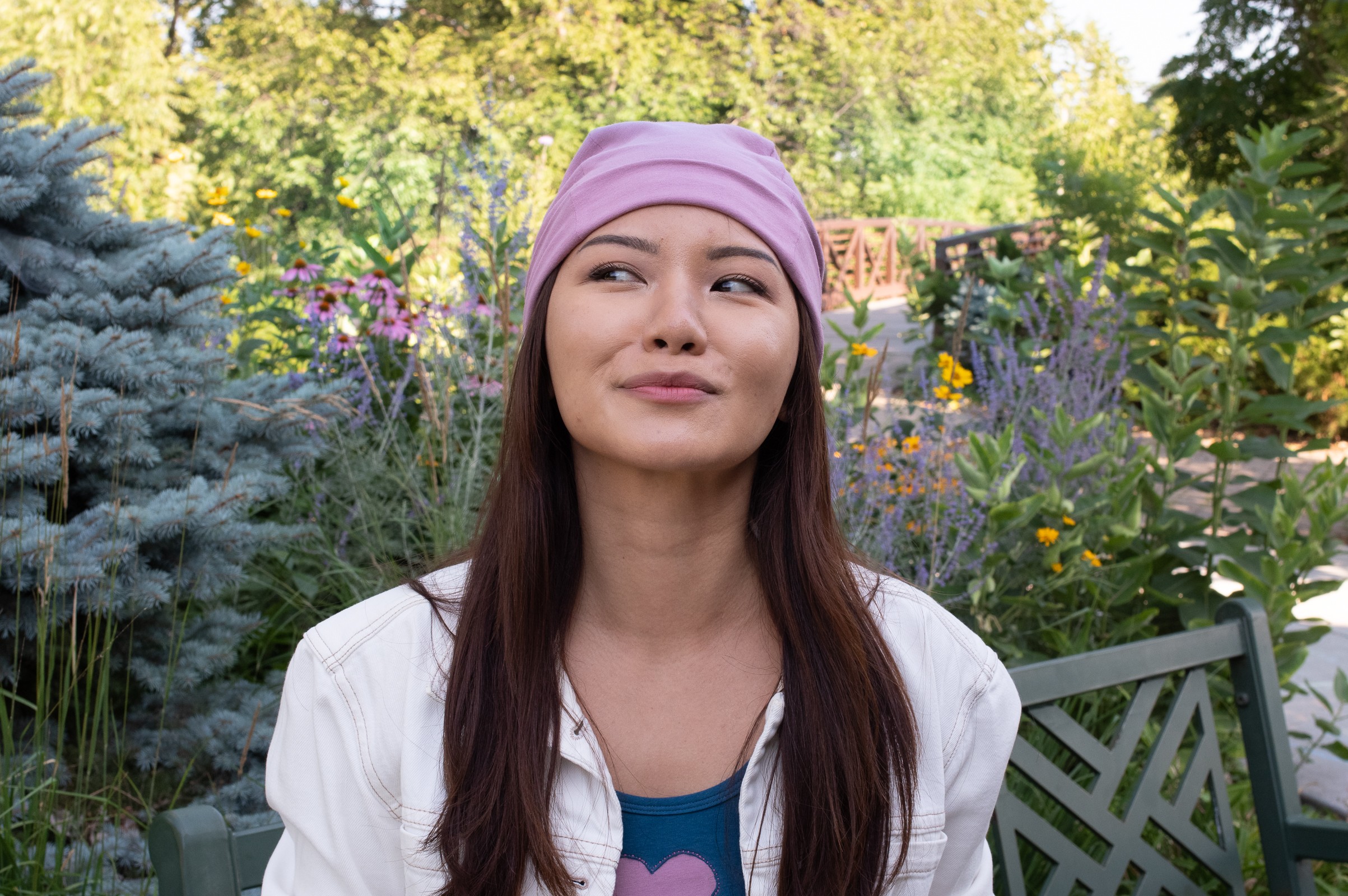

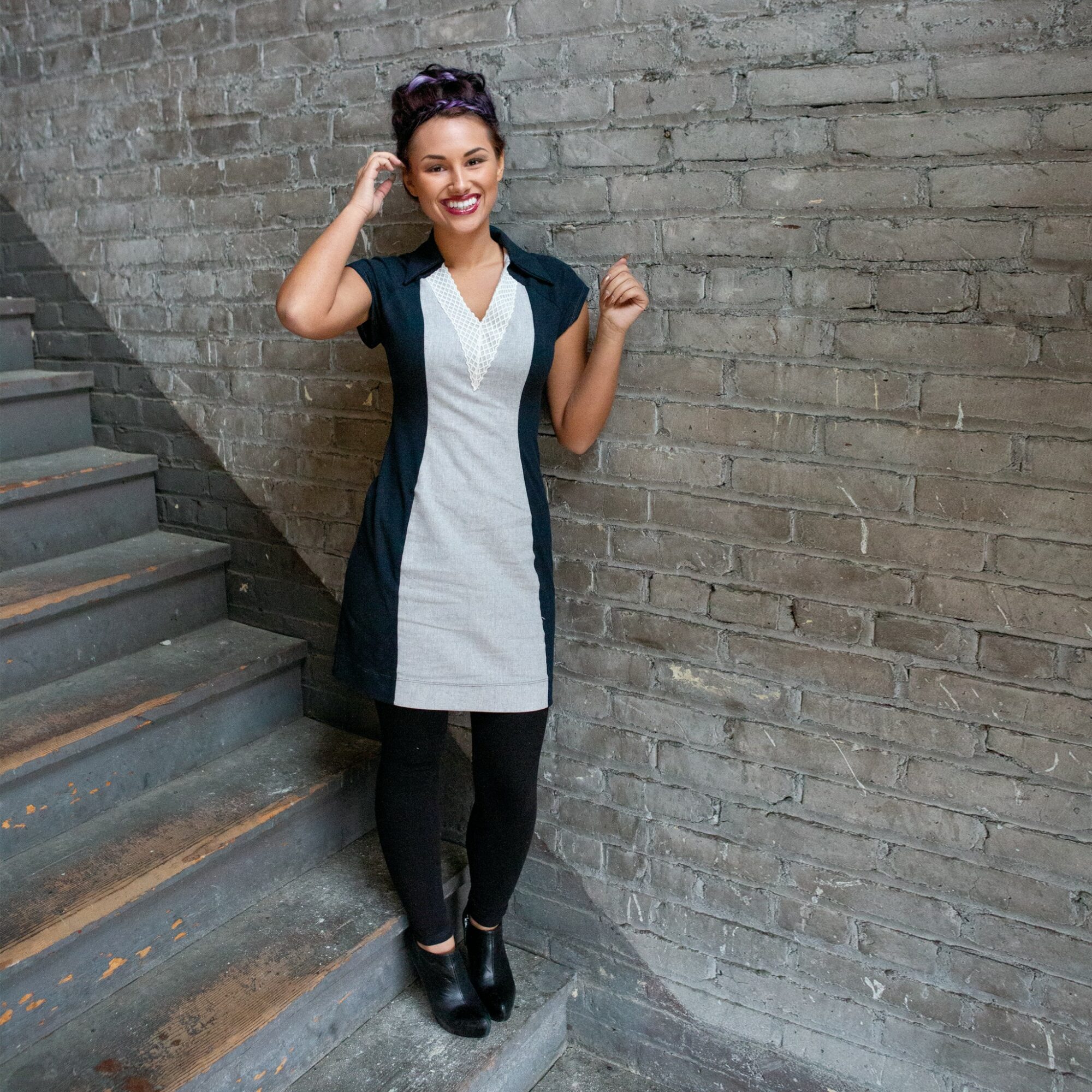
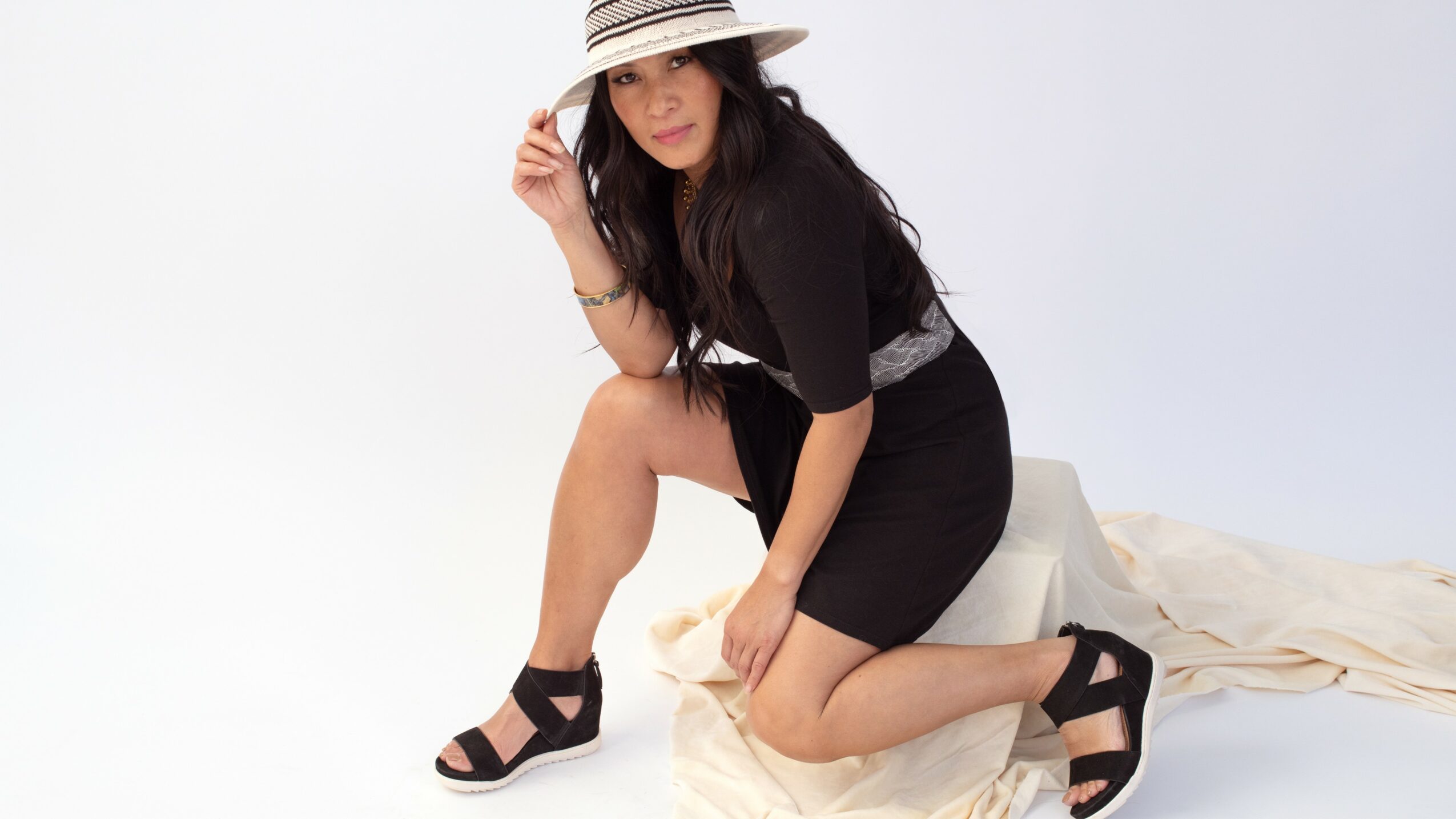
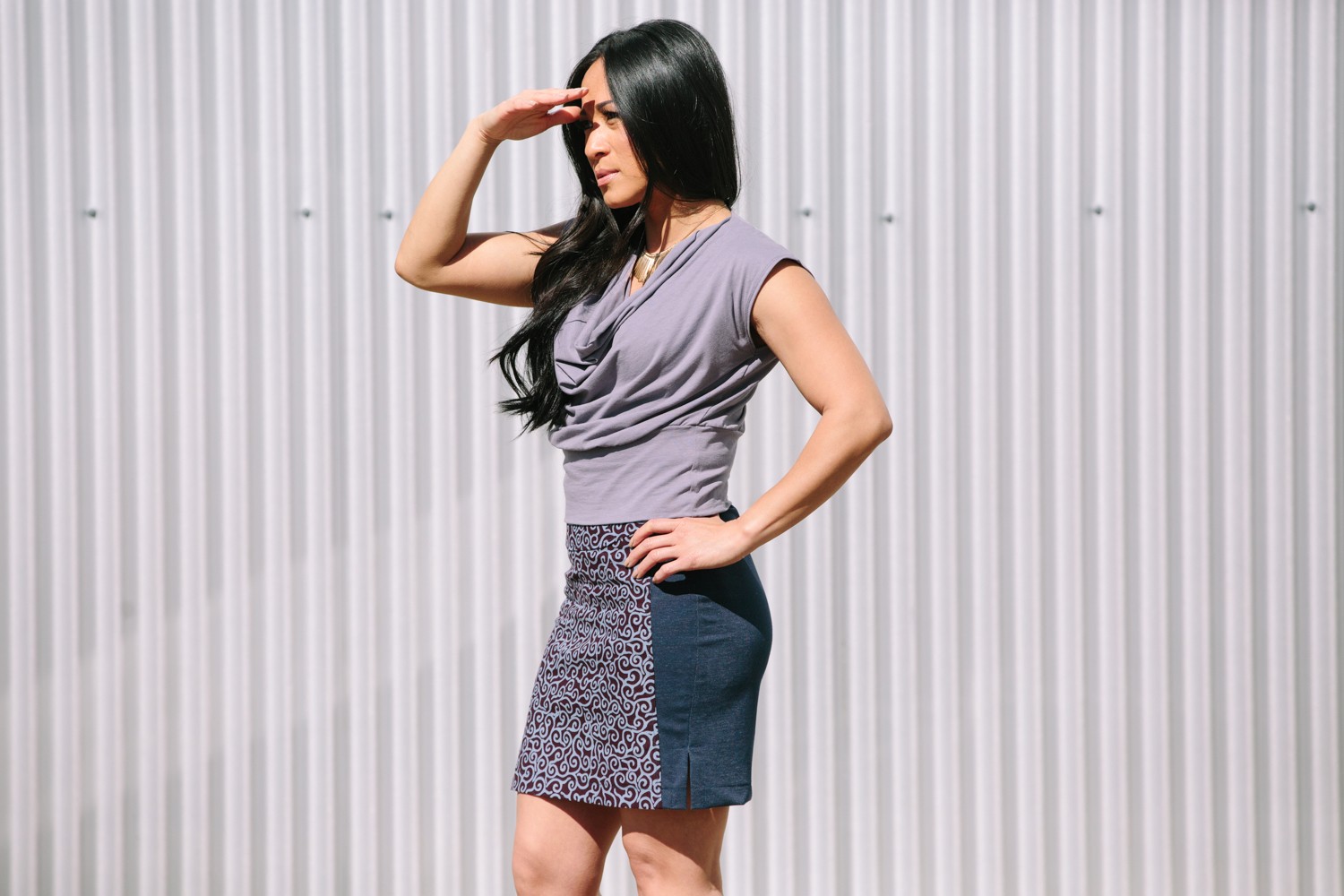
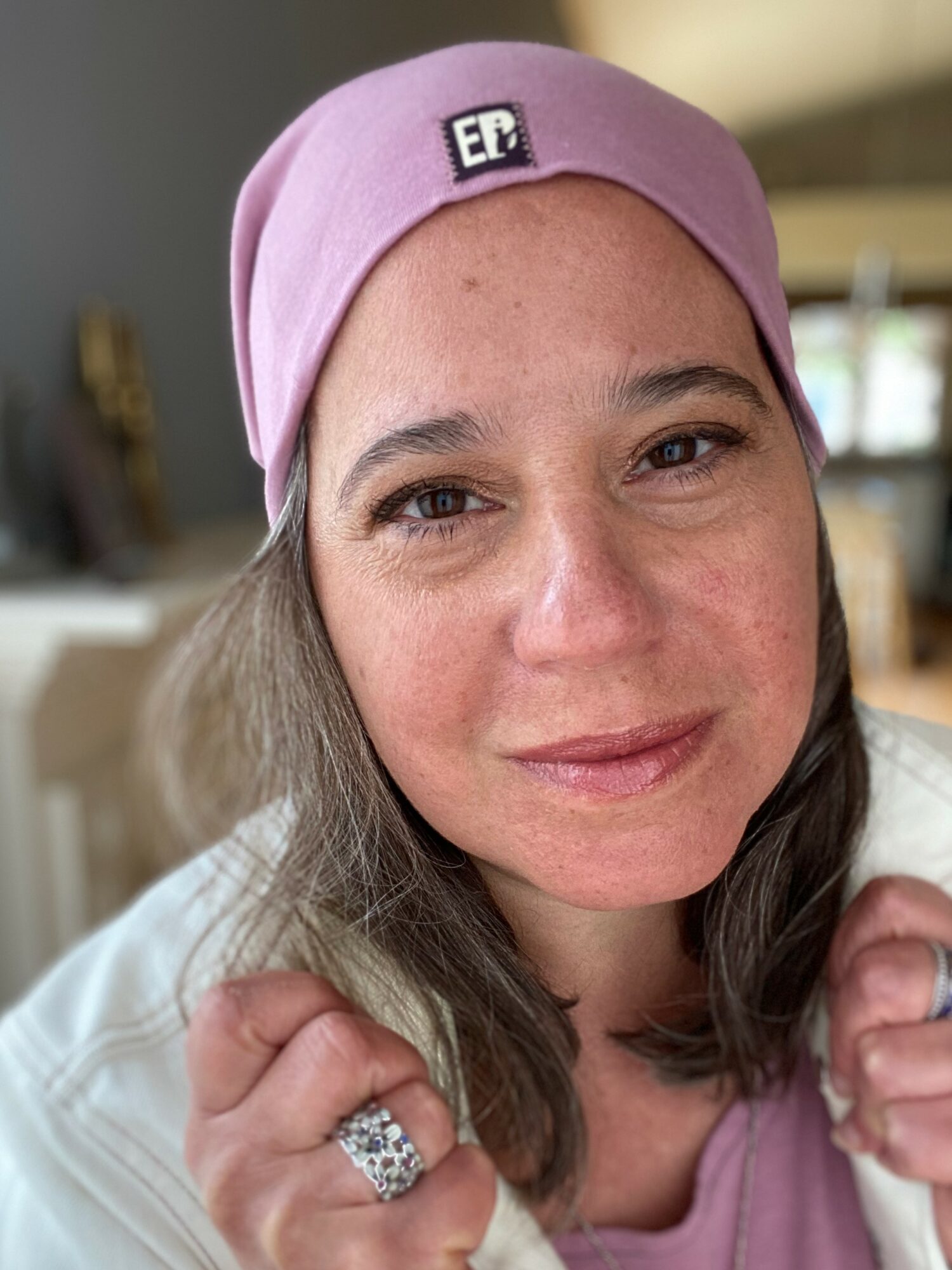
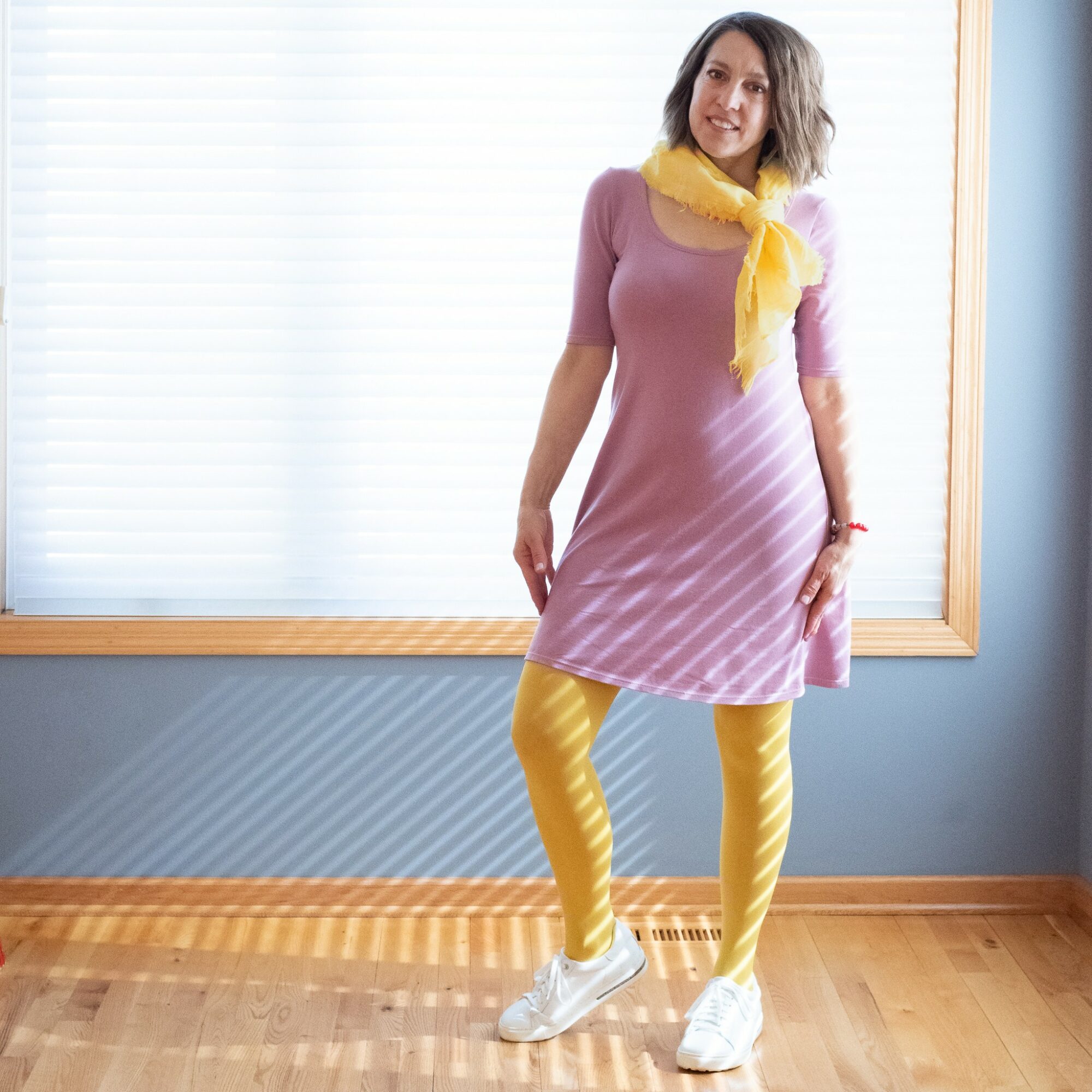
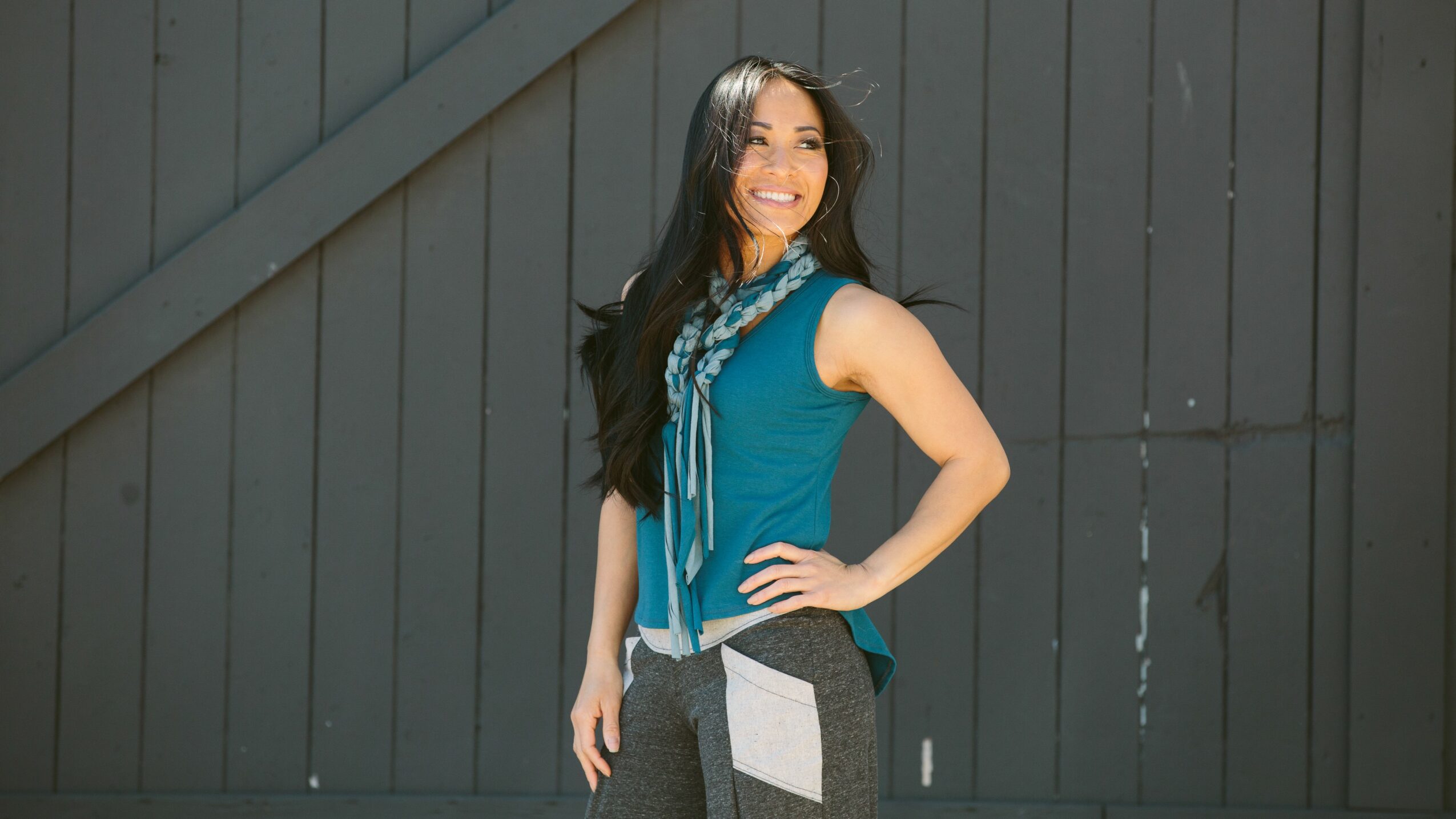
Image Credits
photos by Daphne Orlando and Stephanie Dunn

